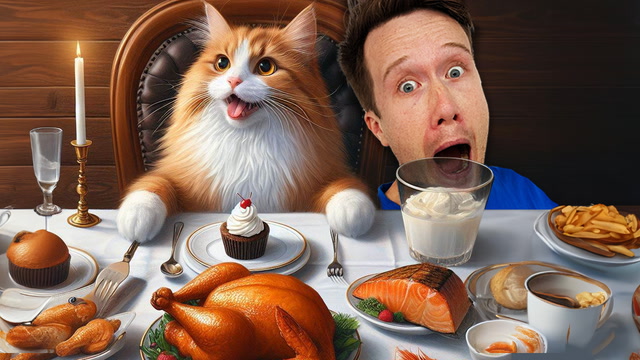You might think that after working all day in a factory, families would be grateful for a rest when they got home.
So why did they continue to work, making pieces of chain, or nails? Why bother going to the trouble of constructing matchboxes for long hours, just for a few pennies more?
The main driver was poverty.

Employers such as factory owners knew they didn’t have to pay their workers much – and children could be paid very little. Anything was better to these poor families than nothing.
If you had no money at all you might end up in the terrible workhouse, little more than a prison were families were separated and terrorised.
This was such a terrible prospect that anything that could increase the family’s income was worth the effort, even if it was a couple of shillings for some chain.
Every extra pair of hands could increase the number of nails, chains or boxes made and so all the family regardless of age would help. The work wasn’t necessarily difficult, often it was just very repetitive or plain boring. No reason for children to be left out!
Another reason for people taking part in this work was that it was frequently customary – that means it’s something which was normal for everyone on a street or in an area to do. You might be seen as rather odd if you didn’t join in, or perhaps people would see you as being “better than the likes of us” – too big for your boots.
Getting together for piece work was a way to catch up with the neighbourhood gossip, or to sing together. In many places there were small forges or sheds built for people from many families to congregate.
Jobs that children did
The Fogger
- A middleman who prayed upon the poverty of the nailers, supplying them with iron on credit, much as the nailmaster did, but buying the nails back at well below list prices or by truck.
- Nailers would be paid by check which had to be spent in the Fogger’s shop or public house on goods which were usually inferior or adulterated.
- The Fogger generally kept three sets of scales to cheat the nailers even further. One set giving short weight to weigh the iron rod, one to weigh the nails when bought in and a set which was correct for the benefit of the inspector.
Match Girls
- Hundreds of women were sent little wooded assembly kits to make into matchboxes. But however hard a woman worked, it was impossible to earn enough to feed her children on her own. The whole family would have to work to feed itself.
- Each child had its own job – the biggest one glued the boxes, the second biggest made the draw, the third biggest stuck on the sand paper and the littlest one slotted the drawer inside the box.
- One of the most horrible diseases you can get from work in a factory was dreaded ‘phossy jaw’. If you were young girl in a match factory, you didn’t really want to get a rotten tooth because it could be attacked by the fumes from the phosphorus in which you dipped the matches.
- You could end up with the whole of your jaw bone eaten away, and your empty cheek black and oozing foul smelling green gunk.
- Matchsticks are made by cutting wood into thin sticks and then dipping the ends into a mix of glue and white phosphorus— a highly toxic chemical.
- In the Victorian era, this work was mainly performed by teenage girls who worked in terrible conditions, often for between 12 and 16 hours a day with few breaks. The girls were forced to eat at their work stations, meaning the toxic phosphorus got into their food, leading to some developing the dreadful condition known as “phossy jaw”—whereby the jawbone becomes infected, leading to toothache, then gum disease and teeth decay. After a while parts of the jaw bone would fall off resulting in severe disfigurement.
 You can find out more about Victorian school life and after school work at the Black Country Living Museum
You can find out more about Victorian school life and after school work at the Black Country Living Museum
Dan and Bex have found a book that transports them back to Victorian Britain!
They’re exploring all the grim and nasty jobs that children just like you had to do in the past, from picking up poop to popping up chimneys.
 Really? Kids Did That! is supported by The National Lottery through the Heritage Lottery Fund.
Really? Kids Did That! is supported by The National Lottery through the Heritage Lottery Fund.
Add a comment
Really? Kids did that: Jobs from the past
Dan and Bex find a book that transports them back to Victorian Britain to explore why children worked!
More From Really? Kids did that: Jobs from the past





